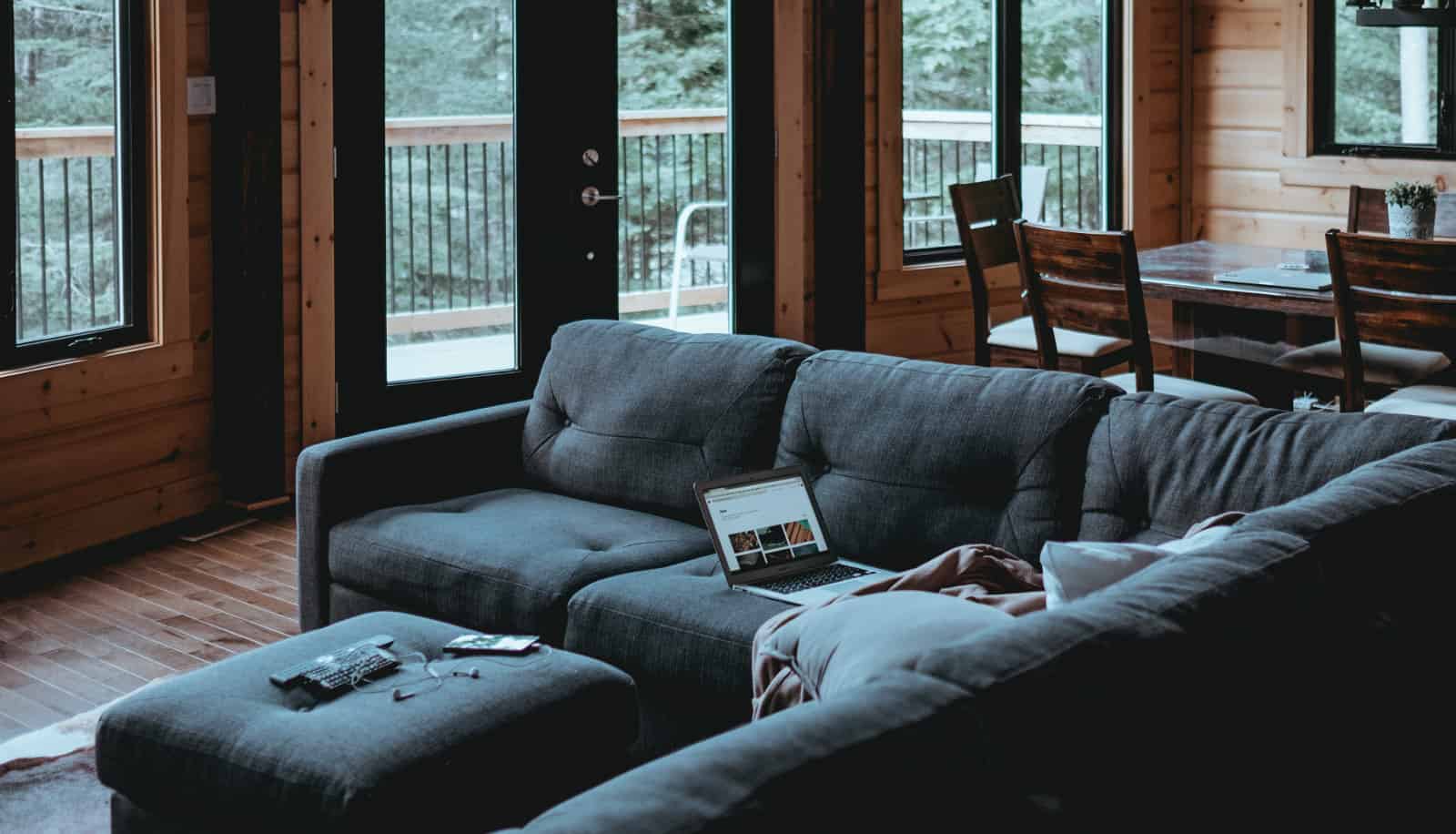GET IN TOUCH
Please contact us for more information. Our email is monitored seven days a week and we will get back to you shortly.

As the COVID-19 virus continues to rapidly spread throughout Canada and the entire world, people are constantly faced with unprecedented challenges due to the disruptions the virus is causing in day-to-day lives. Separated parents are faced with the complication of how to handle the custody of their children during these frightening times. Friends, family, health professionals, politicians and even the Prime Minister, Justin Trudeau, are telling us all to stay inside – don’t leave the house unless it is essential. This has left separated parents wondering, is it safe to have their kids bouncing back and forth between parents’ houses?
Divorced parents sometimes worry that the other parent is not adhering to the guidelines set out by health officials. This includes failing to social distance, still being required to go to work, or failing to follow sanitation guidelines. This leads to concern over whether the child’s safety is always a top priority. Parents are asking to make temporary parenting arrangements during the COVID-19 pandemic – such as having children spend all their time at one parents’ house. But is this in the child’s best interest? A recent case in Ontario brings some clarity to what parents in this position can expect.
A case was heard in the Ontario Supreme Court on Tuesday, March 24 2020, of a mother filing a motion to self-isolate her 9 year-old son, restricting him from leaving her house, including seeing his father, during the COVID-19 outbreak. The mother and father had joint custody of their son since 2012 with the mother as the primary caretaker. She feared that the child’s father would not practice social distancing for their child, ultimately putting their son at risk of contracting the coronavirus when visiting him.
The judge dismissed the mother’s motion for a number of reasons. The child’s best interests were at the forefront of the solution, which is standard for all family law matters in Canada. Since this is unprecedented territory, the judge had to consider a number of factors in this case. The two main factors examined were that:

The judge noted that children’s lives and their relationships can’t simply be put “on hold” like most daily routines can. Having a child not see a parent for an indefinite period of time could cause significant emotional trauma. During these disheartening times, children need the love and support of both of their parents. The judge ruled that it was not in the best interest of the child to not allow him to see his father. It’s unlikely that shared custody would increase the child’s chances of COVID-19 exposure, assuming that both parents followed the health guidelines. The mother could not prove that the father was behaving in a way inconsistent with the COVID-19 safety measures.
Looking at how to handle future cases, the judge spoke about various examples where restrictions and modifications to parenting agreements would be necessary. Ultimately, parenting agreements are presumed to continue during these times; however, changes should be made if parents are expected to adhere to certain COVID-19 precautions such as self-isolation. If a parent has been exposed to the coronavirus or has recently traveled internationally, it’s expected that the parent will self-isolate for a 14-day period, not seeing their child during this time. In some cases, due to a parent’s working conditions, a parent could be expected to not see their child. In the disappointing scenario where a parent fails to comply with the COVID-19 safety guidelines, the parent could be restricted access from seeing their child by law. There is zero tolerance in the courts for parents who recklessly expose children to COVID-19 risk.
Since all families and cases are different, the judge established the following guidelines for future cases:
Due to the destructive nature of COVID-19, the judge has urged parents to find solutions together – instead of against one another in court. Families need to cooperate and avoid the legal system when at all possible. The judge closes the case saying that “none of us have ever experienced anything like this. We are all going to have to try a bit harder – for the sake of our children.”
Even though the courts are closed at this time, parents can still start emergency hearings. Keep in mind that the COVID-19 outbreak is not a sufficient circumstance to start a hearing and will likely not be heard before a judge. Parents are encouraged to work together during these uncharted times to keep their child’s best interests a priority. In cases where this is not possible, family mediation is still an option through phone and video calls.
Having an experienced family lawyer on your side can help ensure that your child’s best interests are a priority. If you would like to speak with our family lawyer, Jim Monier-Williams, about your parenting agreement, please contact us.
Have a question about this topic or a different legal topic? Contact us for a consultation. Reach us via phone at 250-888-0002, or via email at info@leaguelaw.com.